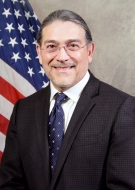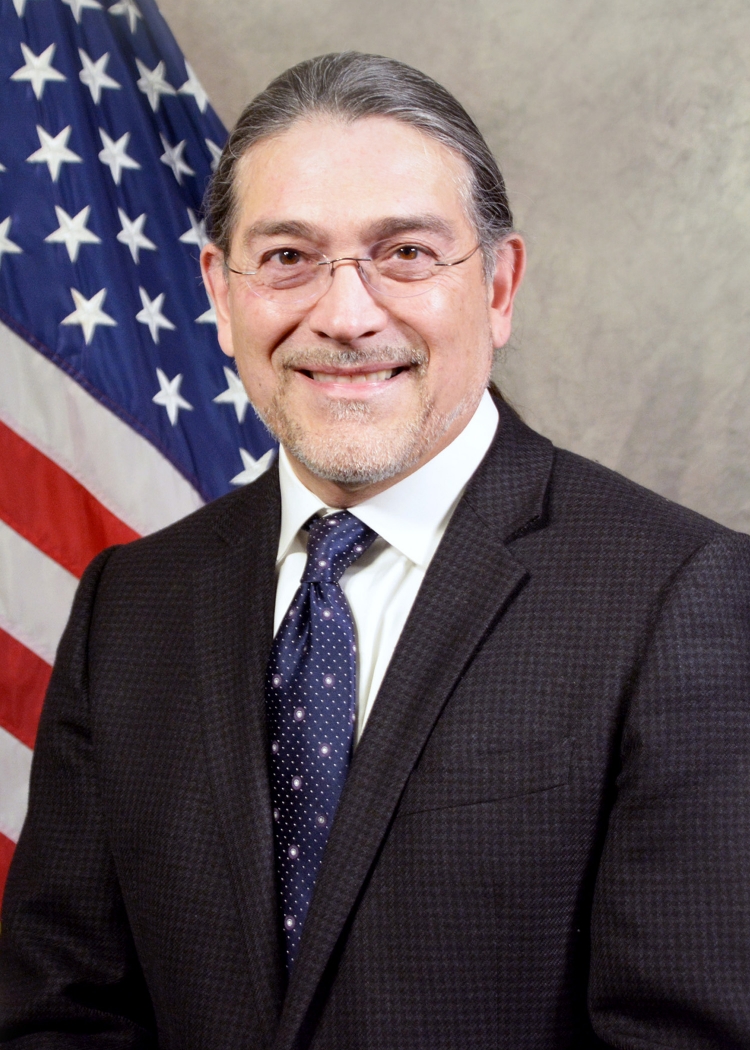Thinking Differently About Perpetuating Excellence
Thinking Differently About Perpetuating Excellence
It’s been a busy few weeks since my swearing-in as the 26th director of the U.S. Census Bureau! I’ve enjoyed a four-week tenure and continue to be in “learning mode.” There is so much to know about the Census Bureau, our work with a multitude of stakeholders and clients, and, ultimately, how we achieve a laudable level of excellence in pursuing our mission. I can’t help but smile as I meet employees and hear their stories, experience firsthand the depth and breadth of their expertise, and reflect on how fortunate we are in maintaining and growing a deep bench of professional expertise and leadership.
It would be easy to see what I have seen and simply say, “Let’s carry on.” But that’s not me. We should never be complacent about our achievements. Over my professional career, I have learned that innovation, creativity and critical thinking are central to maintaining excellence in any field of work. Like many of you, I’ve also learned that diversity and inclusion are often unrecognized, potent catalysts for achieving excellence -- and advancing equity. As a scientist and a person of color, the value of including marginalized voices has always been clear to me. From the earliest days of my career, I came to cherish the moments when I saw how my presence and others highlighted the value of diversity and inclusion for my more privileged colleagues.
I remember one such moment in a grant review committee I served on decades ago. I was the only statistician as well as the sole person of color at the table. The topic was health services research. We reviewed one proposal that featured a tight, scientifically sound randomized control trial to test an inexpensive, alternative health care treatment aimed at uninsured patients suffering a chronic health condition. The novel aspect of this research was that of avoiding the standard, expensive pharmaceutical therapy in place of an alternative, less expensive -- but hopefully adequate – therapy to use in its place.
The research problem was framed as helping the medical industry mediate the cost of treating the uninsured while providing much-needed medical care to an underserved group. This was posed as a win-win solution. The proposal was well-received for the innovative way it addressed a tough problem. Plus, it was packaged in a superb scientific, rigorous design.
Everyone loved it, except me.
In that moment, I saw what no one else saw and felt deeply that this project should not be funded as proposed. My lived experience growing up in a lower income barrio taught me that no one deserved a lower quality of health care. If this study were granted as proposed, it would ultimately reinforce a two-tiered health care system: the insured would continue receiving standard, high-quality care, while the uninsured would be relegated to a cheaper, less-effective alternative.
I voiced this concern and strongly suggested that the proposal be declined. In the alternative, I suggested that it should be revised and resubmitted so that the alternative therapy was offered to all patients with the chronic condition, regardless of insurance status. If the therapy proved to be effective, it should be available to everyone. After all, many insured people would gladly avoid prescription drugs if an alternative was available, even if it proved somewhat less effective than standard care. I was relieved that the review committee agreed with me. My perspective simply had not occurred to them; once revealed, the reality was rather obvious.
I watched that day as the value of diversity became tangible to my colleagues.
This outcome would not have occurred had I stayed silent. To be clear, anyone could have come up with this proposal if they had been exposed to diverse perspectives over the course of their daily work. Embracing diversity and inclusion in the workplace enables staff of all backgrounds and life experiences to broaden their thinking. This, in turn, promotes the innovation, creativity and critical thinking that lead to excellence.
By the way, the value of inclusion also applies to listening to community voices. My role as the director of the Census Bureau is to lead this great organization in producing quality data on the American people, places and economy. An important aspect of that is cultivating trust with all our nation’s communities, be they urban or rural, low-income or high-income, and regardless of race or ethnicity or other socio-demographic groups. That is why seeking, listening to and incorporating feedback is critical to garnering trust from the full range of our nation’s communities. It also promotes the production of relevant, quality data and therefore facilitates excellence at the Census Bureau.
The data we produce at the Census Bureau directly impact society’s ability to identify and address inequities, and to track improvements (or detriments) from policies that seek to dampen those inequities. We can perpetuate excellence through the lens of diversity and inclusion, providing an even more accurate portrait of our nation.
*A version of this blog post was written to address employees of the U.S. Census Bureau.







